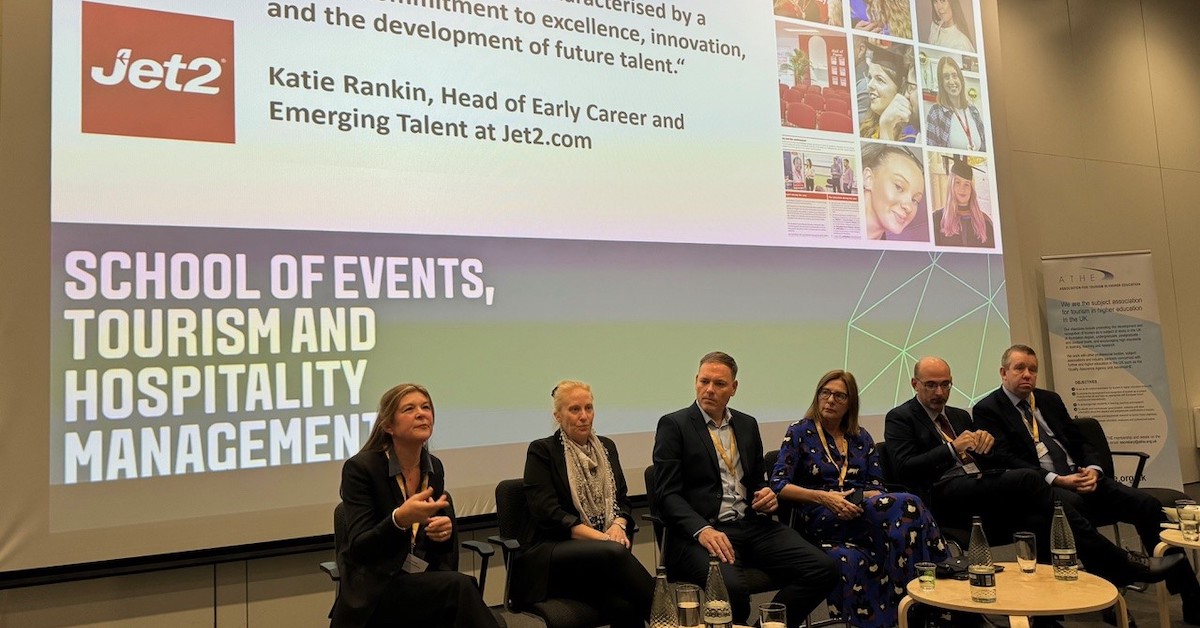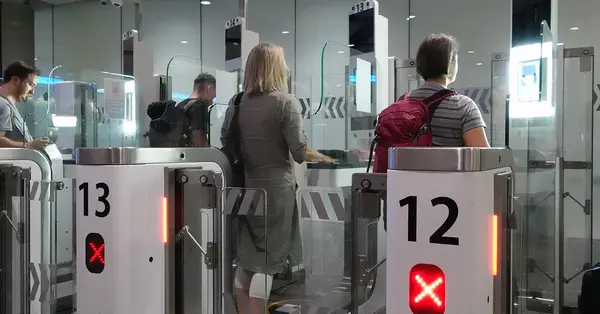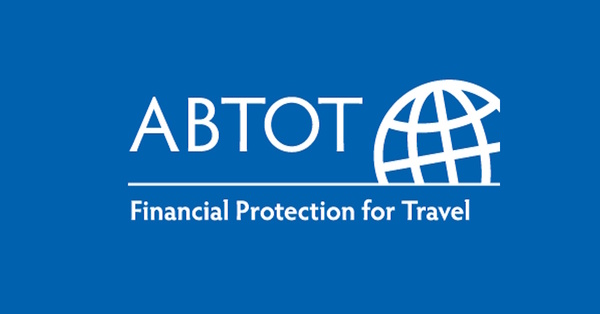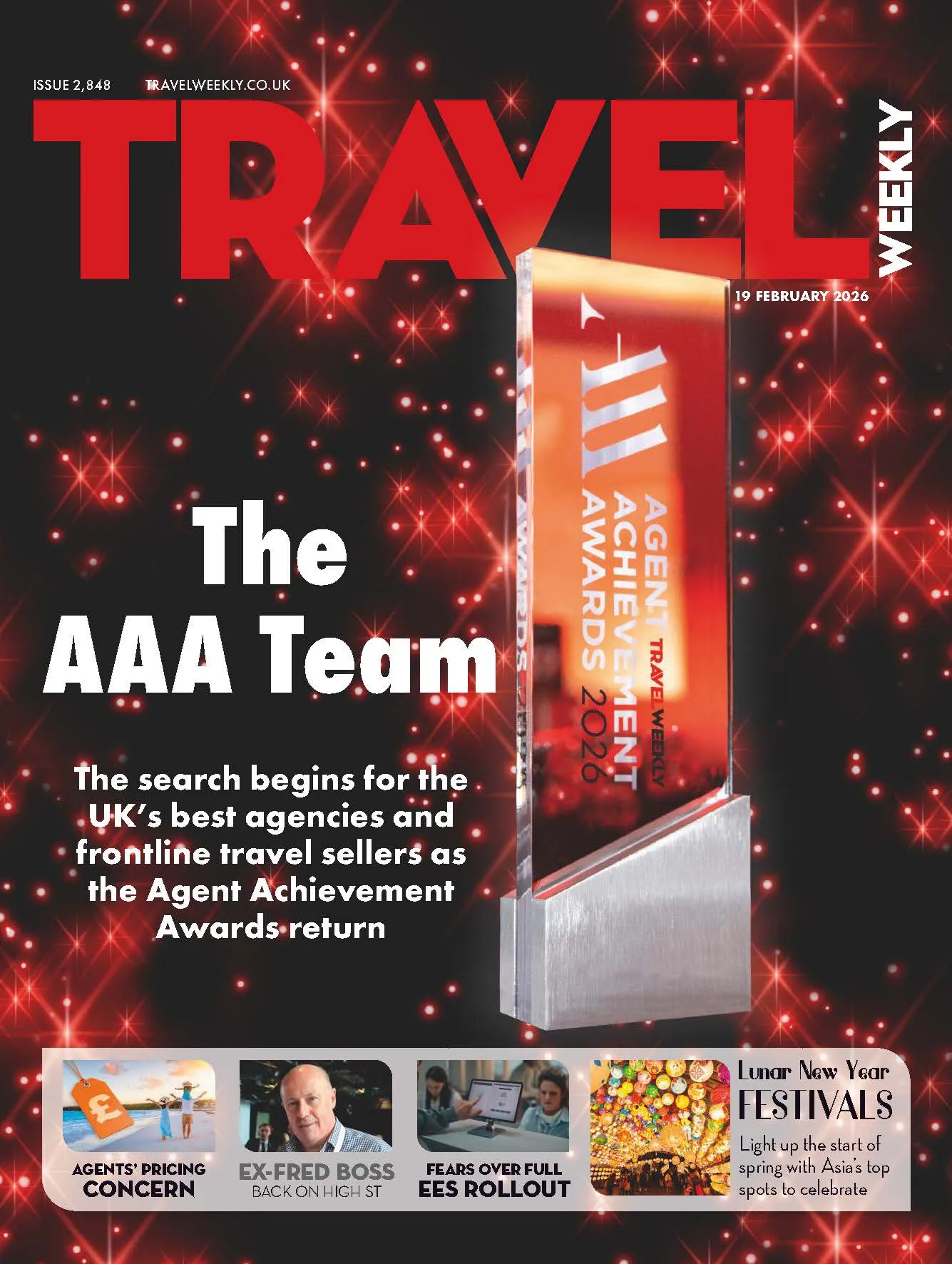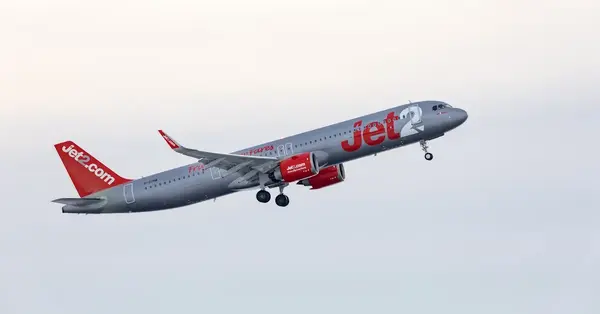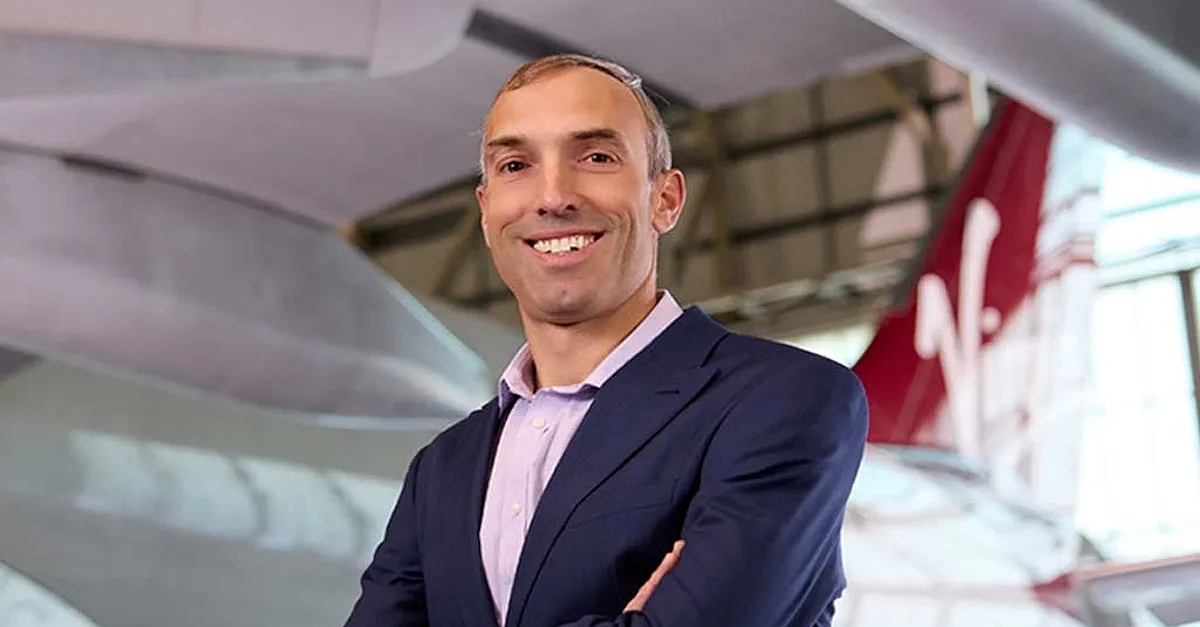You are viewing 1 of your 2 free articles
Sector ‘needs to do a lot more’ to woo young people into tourism
The organiser of a conference focused on training, education and skills in tourism, hospitality and events says the sectors need to do much more to attract students.
Called Progressing Policy for Tourism, Hospitality and Events Education, the one-day conference took place at the University of West London last week.
It was organised by the Association for Tourism in Higher Education (ATHE), the Council for Hospitality Management Education (CHME) and the Association for Events Management (AEME).
More: Education experts optimistic sector can create new qualifications
New tourism education group to seek industry views
Minister demands ‘evidence’ of missing skills the industry needs
Dr Peter Robinson, head of the Centre for Tourism and Hospitality Management at Leeds Beckett University and ATHE co-chair, said: “The key message was that we need to do more to encourage young people to want a career in travel, tourism, hospitality and events.
“There was recognition that we need to do much more to make the careers attractive at a younger age.
“We all need students. And we need to do more to get those young people to recommend their parents to recognise what a great industry it is.”
He said the debates tie into work being done in the tourism and travel sector to create new courses for students aged 16-19.
Members of the Tourism Education and Skills Working Group – set up in response to government plans to axe Level 3 travel and tourism courses in England – hope that meetings with the Department for Education and trade input will help develop post-16 courses that better prepare students for the workplace.
About 80 delegates from academia, industry and government departments attended the inaugural event and Dr Robinson hopes it will become a regular conference rather than a one-off.
“There was a real sense from delegates that it’s important to do it again. There’s clearly a desire for another event that’s similar,” he said.
“One of the exciting things [to come out of the conference] is the fact that the institutions all have really good useful connections with different organisations and different individuals.
“If we recognise this as a shared challenge, then we can do more with those networks to influence people to engage decisionmakers and key stakeholders.”
One session heard examples of best practice in the sector, such as Leeds Beckett University and its partnership with Jet2, while workshops looked at issues in more depth.
John Garside, Birmingham Metropolitan College lecturer, hosted a workshop session on the post-16 qualification reforms on further education.
He said: “I began by highlighting a student’s journey at BMet who applied to do Level 3 Travel during the second lockdown – when many people may have advised not to do it – and achieved so much over two years.”
She won the award for outstanding student in the department and is now studying international tourism at Liverpool John Moores University.
“She is a good example of exactly the reason why we need to maintain Level 3 Travel and Tourism and there are many more,” he said.
He agreed that any future Level 3 qualifications must “inspire” and “entice” students, as well as meeting the needs of industry.
Vicki Wolf, Abta head of education and career development, told conference delegates about Abta’s work with student representatives and interns, and its partner programme.
She said the event was useful as part of the sector’s drive to lobby government about further and higher education requirements.
“It is also about making the industry more attractive [to students and parents],” she said.
“We should not be embarrassed that there is no linear path, such as in law for example.
“There is a career path and it can go many ways, which is positive.”
She said the Tourism Education and Skills Working Group is finalising dates in November for workshops with the industry about what content is needed in the new qualifications that will replace Level 3 courses.
Claire Steiner, chair of the Institute of Travel and Tourism’s education and training committee, also updated delegates about the tourism sector’s lobbying and the working group.
She said that, following the working group workshops, the awarding bodies will start to develop new courses early next year in partnership with education and industry.
“Once they have been developed, we will then be in a position to apply for funding,” she added.
Steiner also noted the coverage of issues affecting travel and tourism courses in Travel Weekly – and highlighted industry resources for students such as Travel Weekly’s Take Off In Travel careers supplement.

